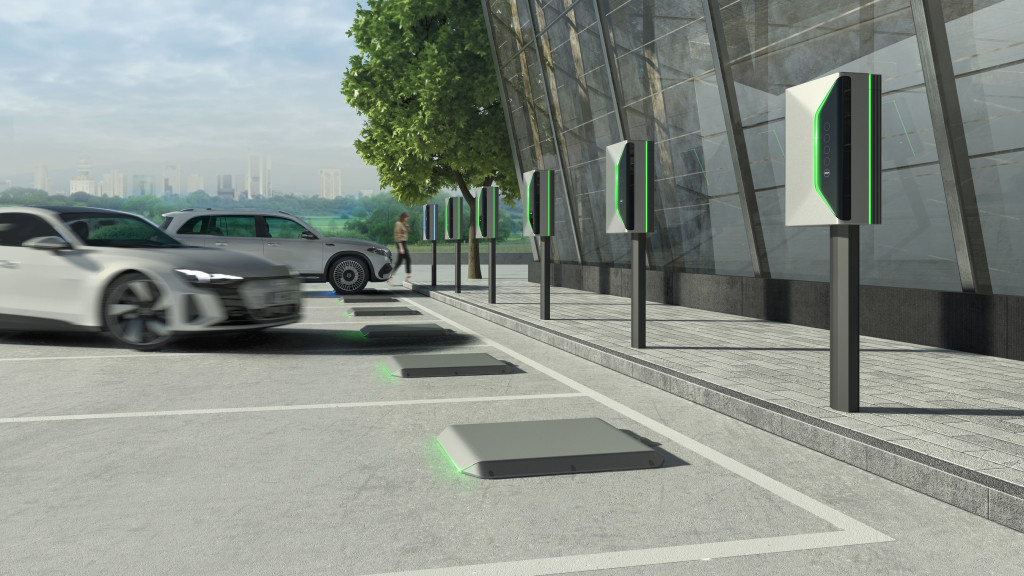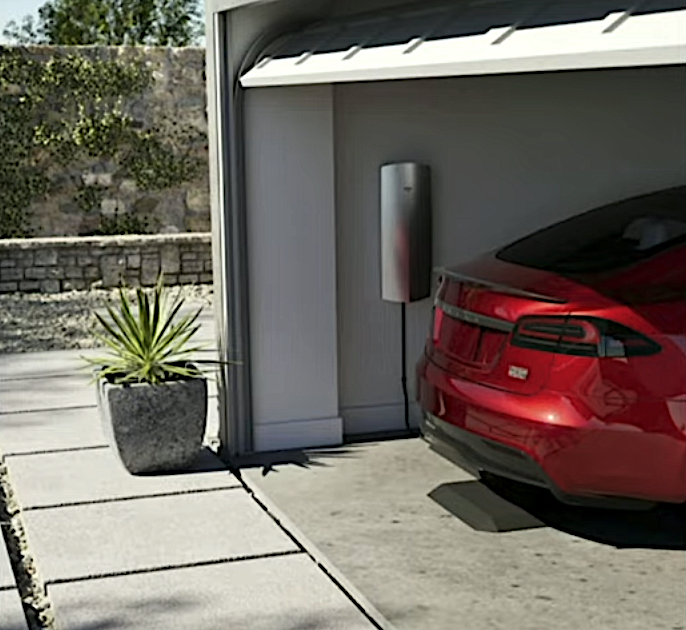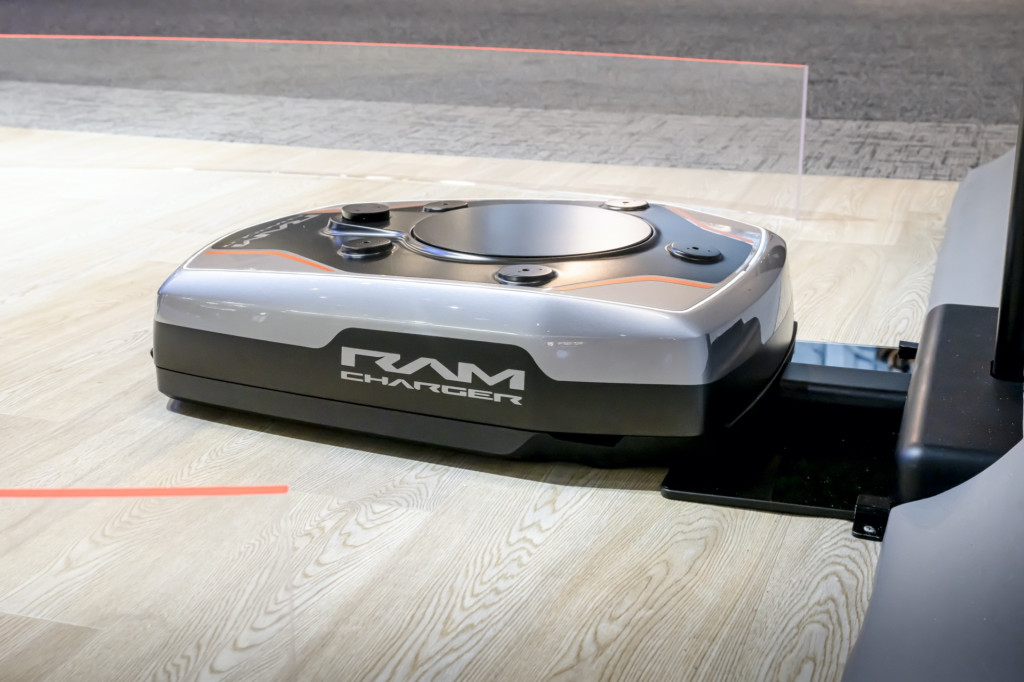Tesla hinted just a few months ago that it could be planning to offer wireless charging for its vehicles. Now, one of the company’s recent acquisitions might help it tap into the tech it needs to make that possible.
Although no public statement has been made yet, Tesla appears to have recently purchased Wiferion, a German company that specializes in wireless charging applications. The acquisition was spotted by Teslarati, citing the German site TeslaMag.
TeslaMag reports that the small company was founded as Blue Inductive in 2016 and was renamed in 2019. Wiferion has recently updated its website footer to read “Tesla Engineering Germany GmbH 2023.”

WiTricity and Siemens wireless charging station
Wiferion last summer entered a licensing agreement with U.S.-based wireless-charging heavyweight patent-holder WiTricity, relating to industrial wireless charging applications, and at that time called itself “the leading solution provider for mobile, wireless power supplies for industrial e-vehicles.” As the release on that agreement noted, the company’s tech can give industrial automation and industrial vehicles a 32% boost in uptime, with charging “in process” as part of workflow rather than at the end of shifts.
The German company’s site emphasizes its range of industrial applications for wireless charging, as well as its applications for Autonomous Mobile Robots. It’s not clear whether Tesla plans to incorporate the technology for charging its vehicles, its Optimus Prime robot, or factory robots for another manufacturing reboot.

Model S wireless charging pad
Although the intent behind this move hasn’t been clarified or confirmed yet by any of the companies involved, Tesla has strongly hinted that the tech is in its future and would likely tie directly to its cars. Earlier this year, as part of its Investor Day in March, Tesla teased what appeared to be a wireless charging pad, set under a garage-parked Model S, as part of a slide suggesting that Tesla “can’t forget to do cool s***.”
WiTricity has fitted its tech to both a Tesla Model 3 and a Ford Mustang Mach-E for demonstration purposes, and at least earlier this year it remained the only company supplying its technology in an original-equipment application outside China—in the South Korean-market Genesis GV60.
“WiTricity has been at the forefront of developing safe, efficient, and industry-standard wireless EV charging solutions, and we are proud that our licensee, Wiferion, is now associated with an industry leader like Tesla,” WiTricity stated, as part of a response to Green Car Reports. “This acquisition underscores wireless charging’s growing relevance in the automotive industry.”
Green Car Reports has also reached out to Wiferion for comment. Tesla does not respond to press requests.

Robotic inductive Ram Charger for future Ram EV
Wireless charging has a convenience factor that may win over would-be EV owners, as drivers don’t need to remember to plug in every night; they’re simply prompted to park the car centered over a charging pad. The tech has already led to some eye-catching concepts, like the production-bound Ram Charge inductive charging robot that Stellantis developed for its Ram 1500 REV electric truck.
Wireless charging could also increase uptime for self-driving vehicles, such as the revenue-generating robotaxis Tesla CEO Elon Musk has long suggested are the eventuality of its Full Self-Driving functionality. Alternatively, Tesla could bring back other approaches, such as its prototype snake charger or Tesla battery swapping.

